10 Home Remedies for Gout Relief
Gout is a painful form of arthritis caused by a buildup of uric acid in the blood, leading to the formation of urate crystals in the joints. This results in inflammation, swelling, and severe pain, often in the big toe, ankle, or knee. While medical treatment is essential for managing gout, there are also home remedies that can help alleviate pain and inflammation. Here are 10 home remedies for gout relief.
Cherries
Cherries are rich in antioxidants and anti-inflammatory compounds, which can help reduce uric acid levels and inflammation in the body. Consuming cherries or cherry extract may help prevent gout attacks and reduce the severity of symptoms[[3]].
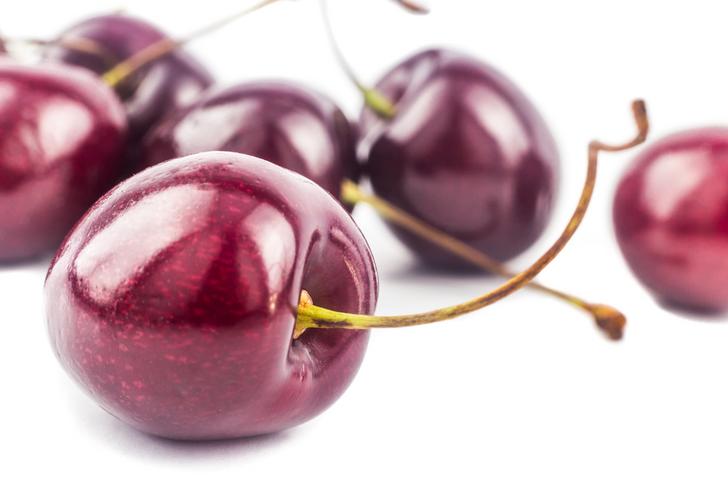
Advertisement
Apple Cider Vinegar
Apple cider vinegar has been used as a natural remedy for various ailments, including gout. It is believed to help reduce inflammation and pain by balancing the body’s pH levels and promoting the elimination of uric acid[[4]]. Dilute one to two tablespoons of apple cider vinegar in a glass of water and drink it daily for best results.
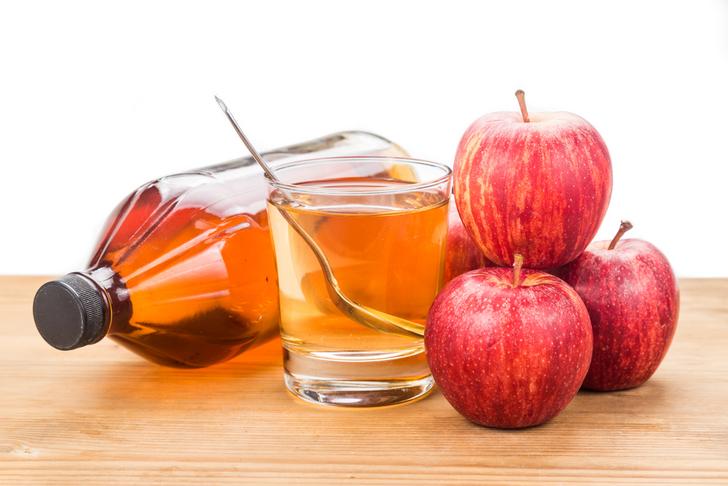
Advertisement
Ginger
Ginger is a powerful anti-inflammatory and antioxidant that has been used for centuries to treat various health conditions, including gout. Consuming ginger in the form of tea, supplements, or adding it to your meals may help reduce inflammation and pain associated with gout[[5]].
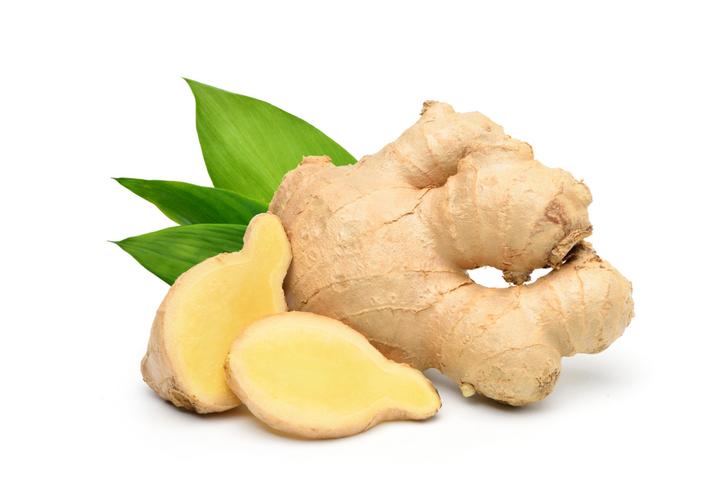
Advertisement
Cold Compress
Applying a cold compress to the affected joint can help reduce inflammation and numb the area, providing temporary pain relief. Wrap ice or a cold pack in a towel and apply it to the joint for 15-20 minutes at a time, several times a day.
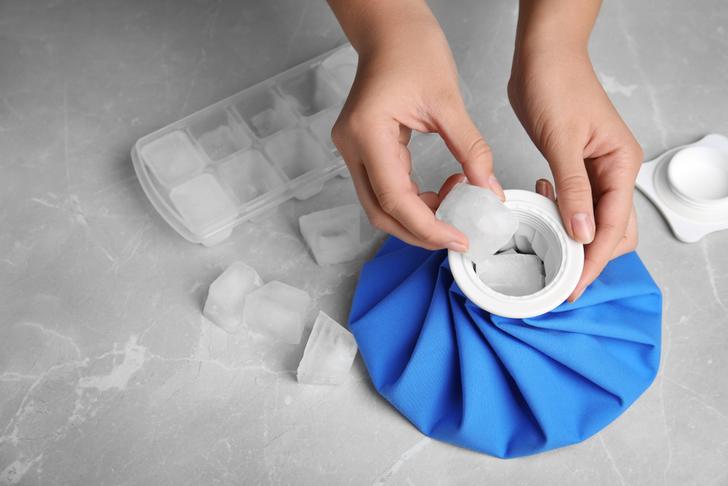
Advertisement
Epsom Salt Bath
Soaking in an Epsom salt bath can help relieve gout pain and inflammation. Epsom salt contains magnesium, which may help reduce inflammation and improve overall joint health. Add one to two cups of Epsom salt to a warm bath and soak the affected joint for 15-20 minutes.
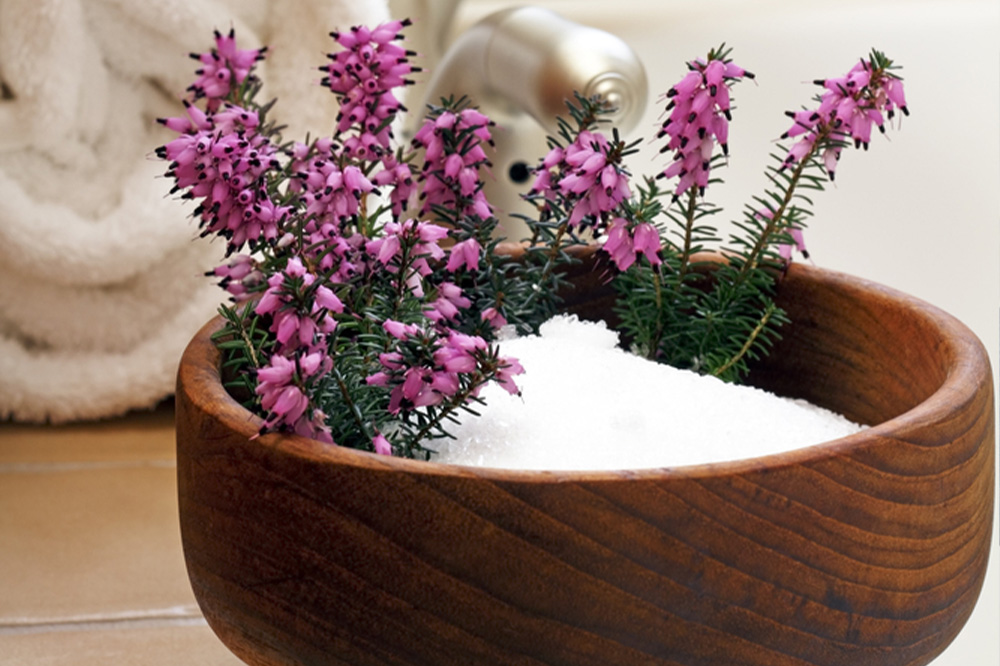
Advertisement
Hydration
Staying well-hydrated is essential for managing gout, as it helps flush excess uric acid from the body and prevents the formation of urate crystals. Aim to drink at least eight glasses of water per day, and avoid alcohol and sugary beverages, which can contribute to gout attacks.

Advertisement
Low-Purine Diet
A low-purine diet can help prevent gout attacks by reducing the amount of uric acid in the body. Foods high in purines, such as red meat, seafood, and organ meats, should be limited or avoided. Instead, focus on consuming a diet rich in fruits, vegetables, whole grains, and low-fat dairy products.
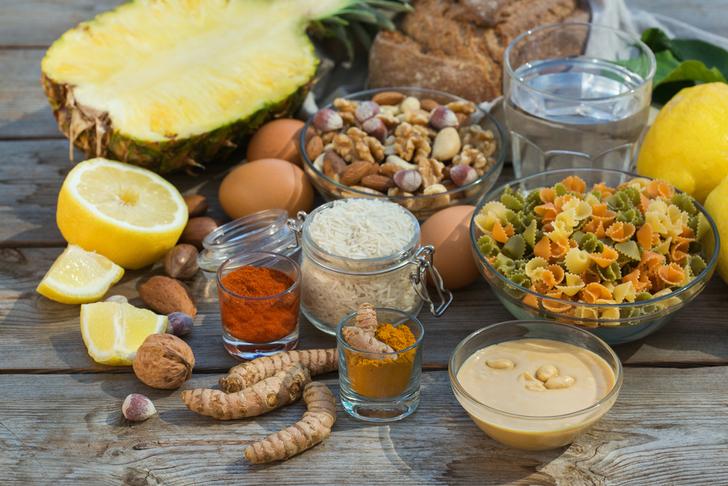
Advertisement
Weight Management
Maintaining a healthy weight can help reduce the risk of gout attacks and improve overall joint health. Excess weight puts additional pressure on the joints and can contribute to higher uric acid levels. Incorporate regular exercise and a balanced diet to achieve and maintain a healthy weight.
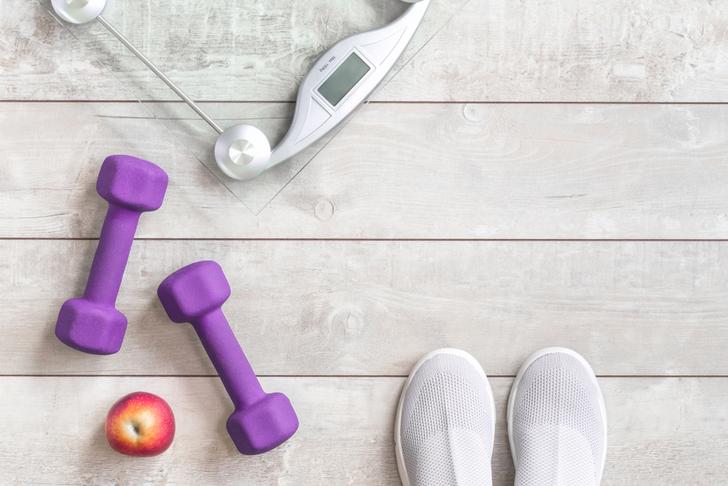
Advertisement
Over-the-Counter Pain Relievers
Over-the-counter pain relievers, such as ibuprofen or naproxen, can help alleviate gout pain and inflammation. However, it is essential to consult with a healthcare professional before using these medications, as they may interact with other medications or have potential side effects.

Advertisement
Rest and Elevation
During a gout attack, it is essential to rest the affected joint and keep it elevated to reduce inflammation and promote healing. Avoid putting pressure on the joint and try to keep it elevated above the level of your heart when possible.

Advertisement
Causes of Gout
Gout is a type of inflammatory arthritis that occurs when uric acid crystals build up in the joints. This build-up is usually due to:
High Uric Acid Levels: Your body may produce too much uric acid, or it might have difficulty getting rid of it.
Diet: Consuming foods high in purines can lead to an increase in uric acid levels. Purine-rich foods include red meat, organ meat, and certain types of seafood, like shellfish.
Obesity: Being overweight can increase the risk of developing gout as more uric acid is produced.
Medical Conditions: Certain diseases and conditions, such as hypertension, diabetes, metabolic syndrome, and kidney and heart diseases, can increase the risk of gout.
Medications: Some medications can increase uric acid levels.
Advertisement
Symptoms of Gout
Gout usually affects the large joint of the big toe, but it can occur in any joint. The signs and symptoms of gout include:
Intense Joint Pain: Gout usually affects one joint at a time, often the big toe joint.
Lingering Discomfort: After the most severe pain subsides, some joint discomfort may last for a few days to weeks.
Inflammation and Redness: The affected joints might become swollen, tender, warm, and red.
Limited Range of Motion: As gout progresses, you might not be able to move your joints normally.
Advertisement
Conclusion
Gout is a painful condition, but a combination of medical treatments and lifestyle changes can help manage symptoms and prevent future attacks. Home remedies, such as applying a cold compress or elevating the affected joint, can help to alleviate the pain and inflammation associated with gout.
In conclusion, while managing gout necessitates medical intervention, incorporating home remedies into your care plan can offer added relief. These remedies can mitigate pain and inflammation, promoting improved joint health. Remember, it’s always essential to consult with a healthcare professional before experimenting with new remedies or making substantial changes to your diet or lifestyle. By partnering with your healthcare provider, you can take a comprehensive approach to managing gout and enhancing your overall health.
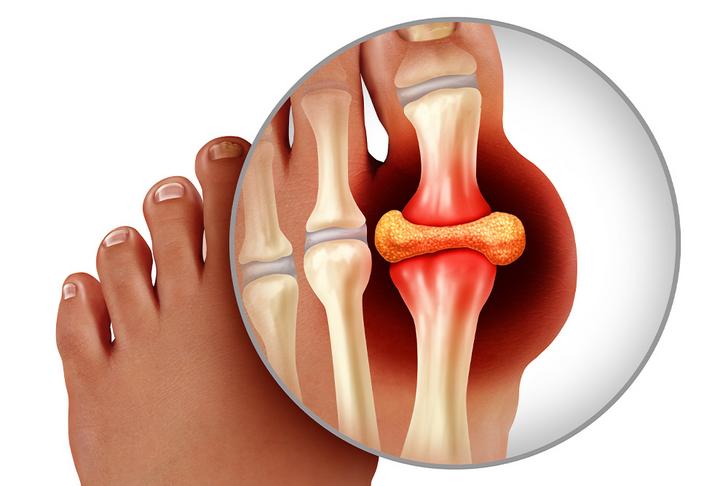
Advertisement





